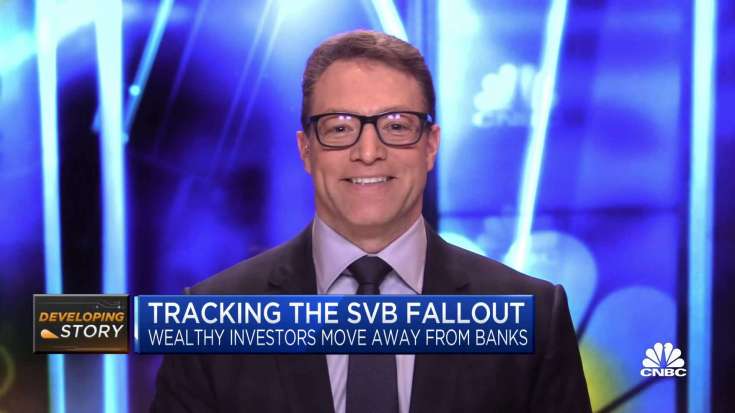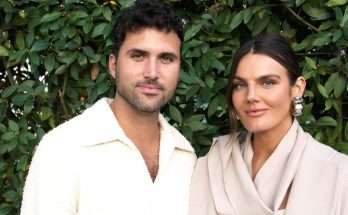
Wealthy investors and family offices are moving more of their money out of bank cash balances and into Treasurys, money markets and other short-term instruments, according to wealth advisors.
High net worth investors typically keep millions of dollars or even tens of millions in cash in their bank accounts to cover bills and unexpected expenses. Their balances are often way above the $250,000 FDIC insured limit. Following the collapse of Silicon Valley Bank and potential cracks in the network of regional banks, wealth advisers say many clients are now asking fundamental questions about how and where to keep their cash.
“Over [last] weekend there was a lot of worry,” said Michael Zeuner, managing partner at WE Family Offices, which advises wealthy investors and family offices. “The questions that I was getting directly on Saturday and Sunday from clients was ‘how is my cash deployed? Is it actually on the balance sheet of the bank?’ And these are very sophisticated, very successful investors and families who just never thought about that question before.”
Wake-up call
Adds Patrick Dwyer, managing director at NewEdge Wealth, “This was a real wake-up call to high-net-worth individuals who have cash around.”
The SVB crisis has only accelerated a broader push by wealthy investors over the past year to move cash out of bank balances and into Treasurys and money markets. With the rapid Federal Reserve hikes, Treasurys and money markets can now offer a 4% or 5% risk-free return — often double the yield on a savings or checking account. As a result, wealthy investors and family offices have been moving all but a small portion of their cash balances into higher yielding cash-like investments, which are typically not on the balance sheet of the banks.
At the same time, many big investors began to pull money out of stocks and other investments due to concerns over rising rates and a potential recession.
“For so many years, cash was just not an interesting investment,” Zeuner said. “It was paying zero, so people weren’t really paying attention to cash. Over the last year, as rates came up, and as the fear of a recession kicked in, a lot of families started to take some risk off the table. It went into cash. And so cash, from an investment perspective, [has] all of a sudden become a much more important part of the portfolio.”
Zeuner advises investors concerned about their cash deposits to ask their banks or advisors two basic questions: How is my cash being deployed, and is it on the bank balance sheet? If the cash is invested in Treasurys and other financial instruments, it’s likely not on the bank balance sheet and therefore not at risk in the event of a bank run.
“What you want to know is, to the extent that something happened to the bank, do I have access to my funds?” Zeuner said.
Some big investors have been moving away from banks entirely — shifting their cash to custodial accounts at brokerage firms and firms like Fidelity and Pershing. They say custodial accounts provide most of the benefits of a bank account — allowing wire transfers, check writing and bill pay — but without the same risks and with more portability.
“By and large our clients were holding their assets at Fidelity, which is not a bank so it was very comforting for them,” said Dwyer of NewEdge Wealth.
Loans and mortgages
Wealthy investors and family offices will continue to rely on banks for loans and mortgages. But the strategy of banks requiring wealthy clients to give them deposits or primary banking relationships in exchange for loans may be ending, advisors say.
Dwyer said clients also understand that they can usually get well-priced loans from multiple banks and therefore don’t have to put their cash deposits at risk.
“I think families are realizing that there are 4,000 banks in the United States, so someone will lend them money when they need it,” Dwyer said.





